To protect the skin from the sun’s rays, the cosmetic industry focuses on filters of synthetic or natural origin which have the ability to absorb or reflect ultraviolet radiation. These filters, which include octocrylene, oxybenzone, titanium dioxide and zinc oxide, are often excluded (among others) due to their potential impact on health and / or the environment.
To avoid any risk, vegetable oils such as wheat germ, avocado or even coconut are sometimes promoted as more natural alternatives to commercial sunscreens. The problem ? While these oils have many virtues, they don’t offer the same protection as an SPF 30 or 50..
The SPF and the anti-UVA protection index, the guarantors of well protected skin
In Europe the regulations are clear: to be able to say that a skincare product protects against damage caused by UV rays, it must guarantee a minimum level of protection. To be valid, the SPF (ed., the sun protection factor, SPF in English) which neutralizes UVB and UVA protection must be measured according to standardized and internationally recognized methods.
Laura Costa, scientific project manager of the Isispharma dermatological laboratory, explains to Madmoizelle:
SPF is the ratio between the dose of UVB needed to create a sunburn on protected skin and that to create erythema on unprotected skin. The higher the ratio, the higher the protection factor. This index is measured inhabiton volunteers.
For protection from UVA rays, responsible for DNA damage, sun protection product regulations require protection equivalent to at least 1/3 of the SPF. For an index of 30, the anti-UVA protection must therefore be equal to or greater than 10. It is calculated by in vitro or in vivo tests.
These tests are the guarantors of the level of protection of solar products, and are mandatory: without them no product can claim to protect against sunburn or cell damage. And that’s the problem with vegetable oils!
Using vegetable oil as a sunscreen, a false good idea
While the idea is tempting, we can’t repeat it enough: replacing SPF 30 or 50 sunscreen with a vegetable oil to protect the skin from UV rays is dangerous.
In fact, as Laura Costa reminds us, “Their level of protection has not been measured and, when it is, it remains very low “. We remind you that Public Health France recommends” favor high protection indexes, minimum 30, even 50 for extreme conditions “. We are far from jojoba oil SPF 5 and olive oil SPF 8!
– Tony (@capricorneum) July 18, 2021
In addition to the SPF and the anti-UVA protection index, the question of the amount of product applied to the skin also poses a problem.
When testing, we stick to the standard 2 mg / cm2 skin dose, but in real life we know that people only apply a quarter of the recommended dose. The FSP displayed on a product is therefore almost never effective on the skin, deplores Laura Costa of the Isispharma laboratory.
It’s a problem for sun care, but it’s even more problematic for oils, which we tend to use in very small quantities due to their often greasy or viscous texture, while barely protecting. The risk of getting burned in a few minutes is very high.
Rather than endangering your health by using natural but unsuitable products, it is better to opt for conventional sunscreen products that show high anti-UVA and anti-UVB protection indexes.
As for vegetable oils, it is perfectly possible to apply your favorite oil before your SPF, on the face as well as on the body, as long as it is not photosensitizing, but also you have waited long enough for it to be perfectly penetrated so that the cream or the spray applied on top can be distributed evenly on the skin.
By purchasing sunglasses that really protect the skin
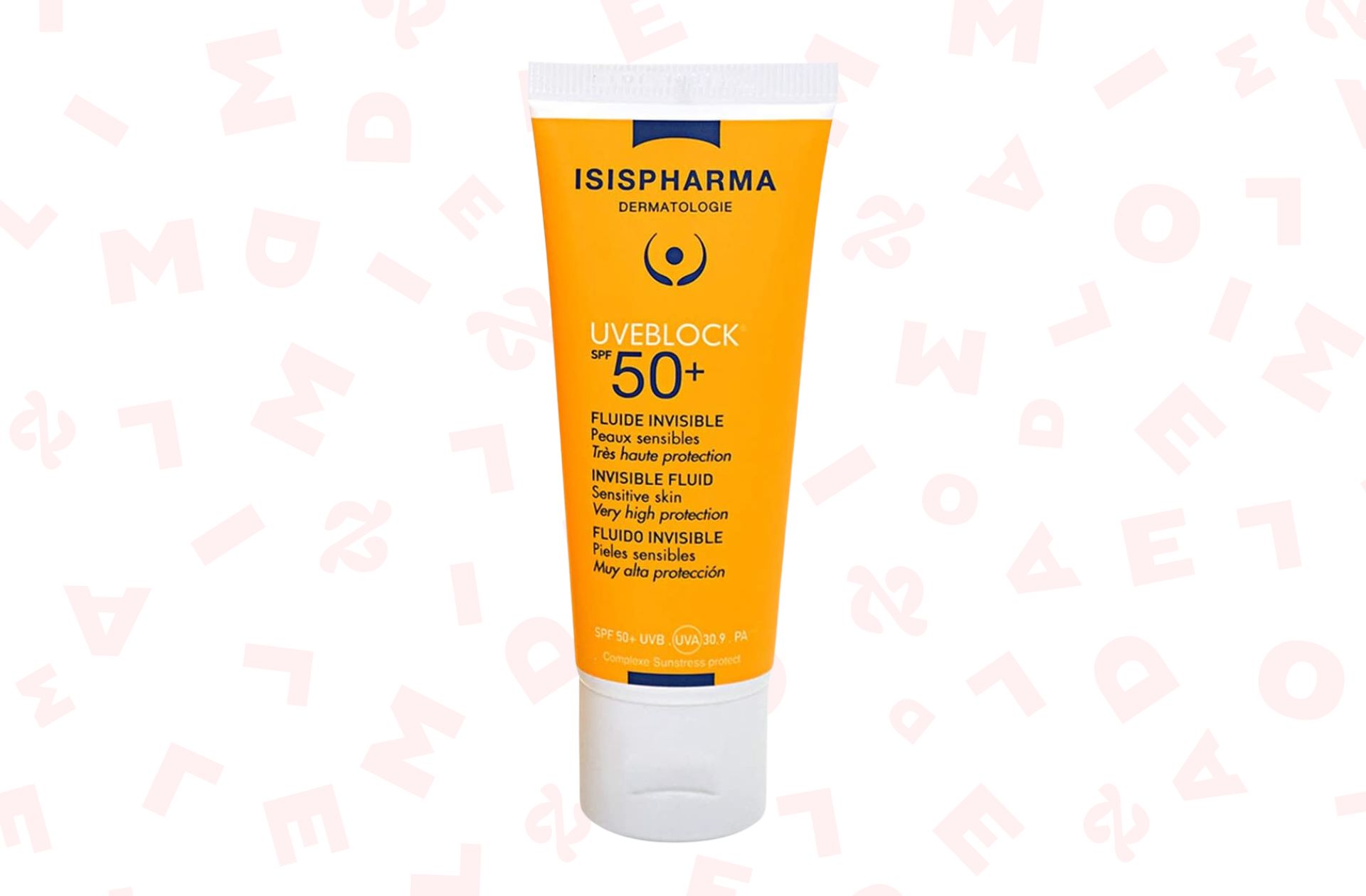
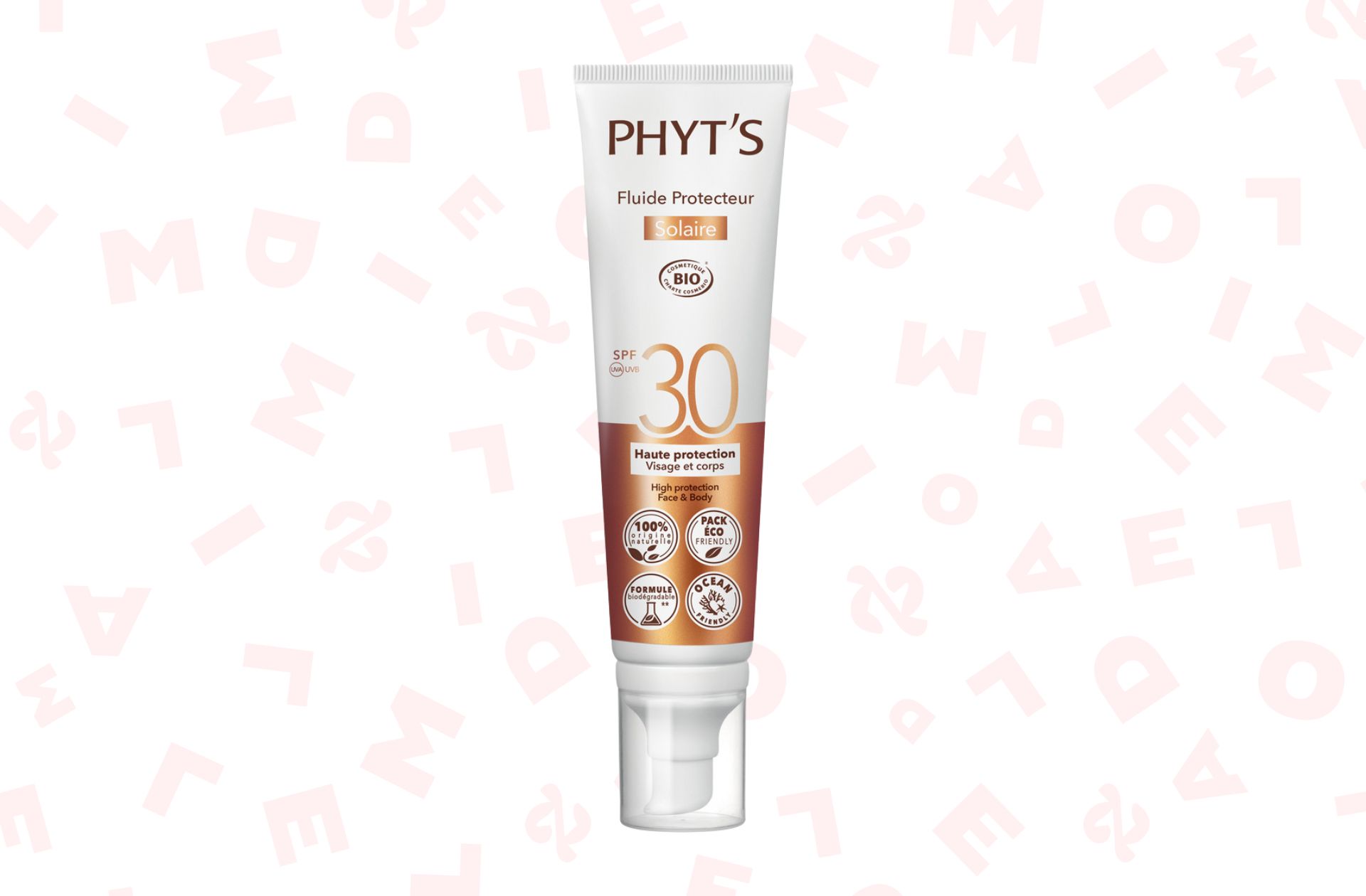
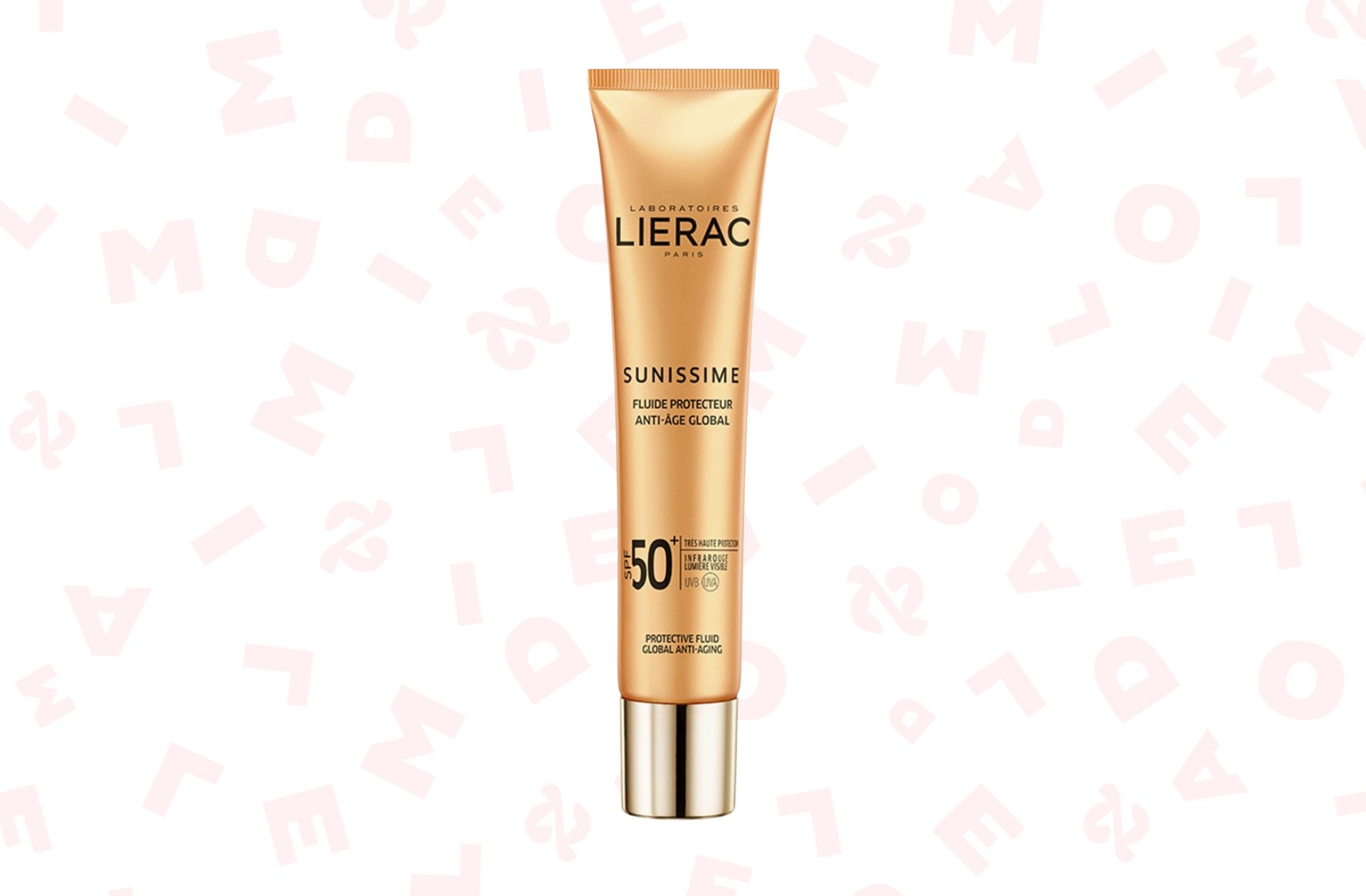
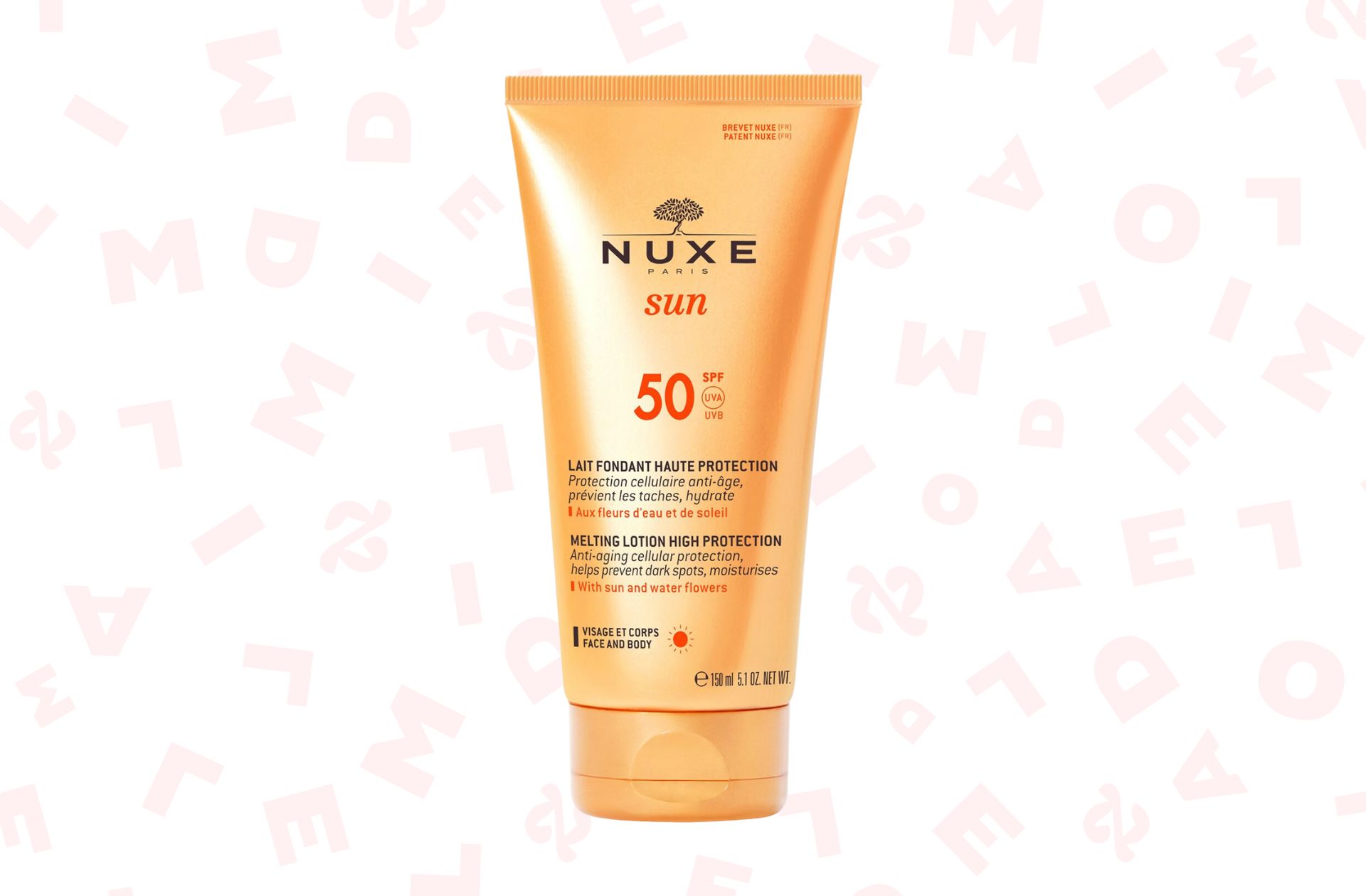
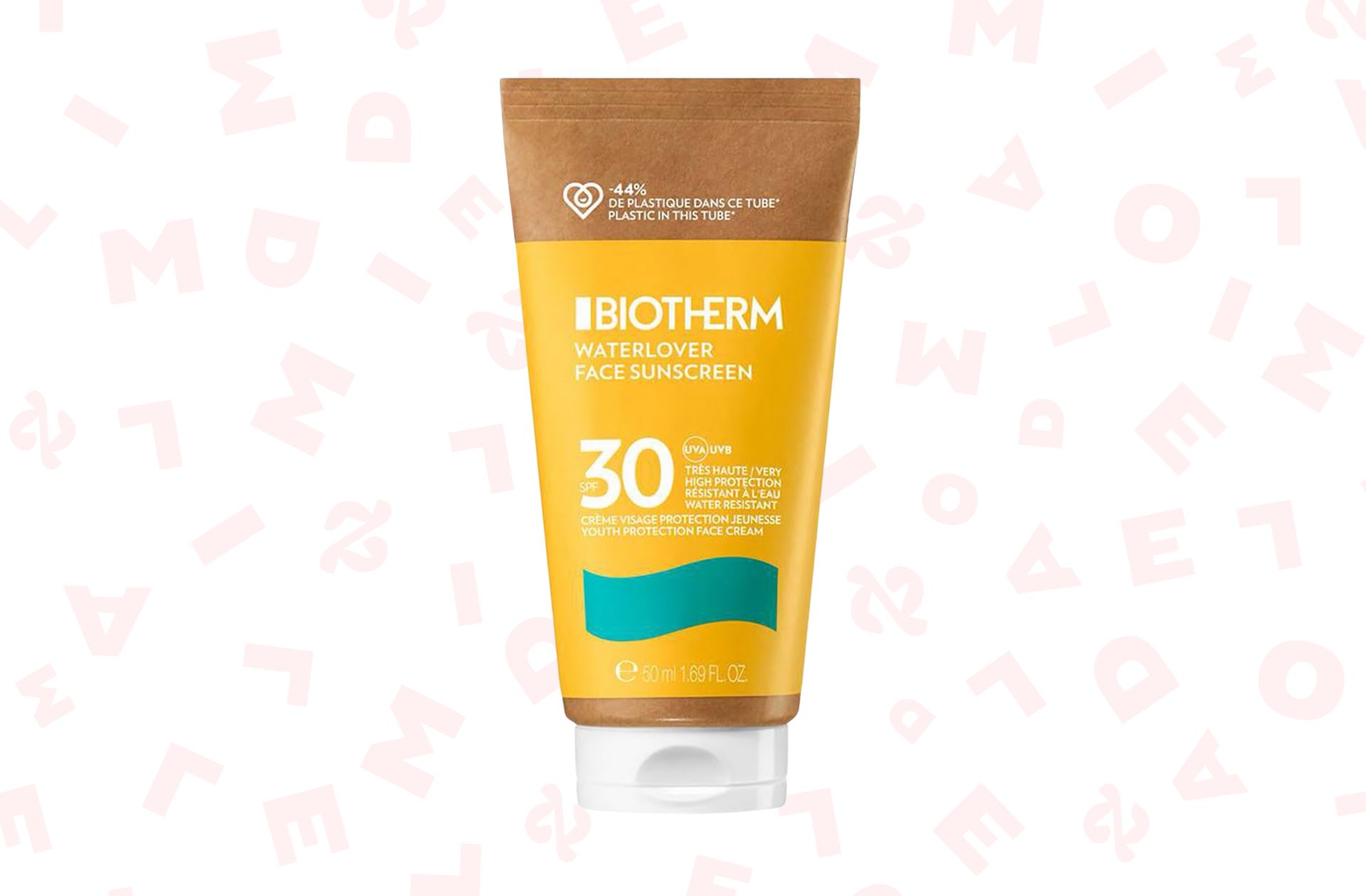
Front page photo credit: The Junessa Rendon Collection
Source: Madmoizelle
Elizabeth Cabrera is an author and journalist who writes for The Fashion Vibes. With a talent for staying up-to-date on the latest news and trends, Elizabeth is dedicated to delivering informative and engaging articles that keep readers informed on the latest developments.




